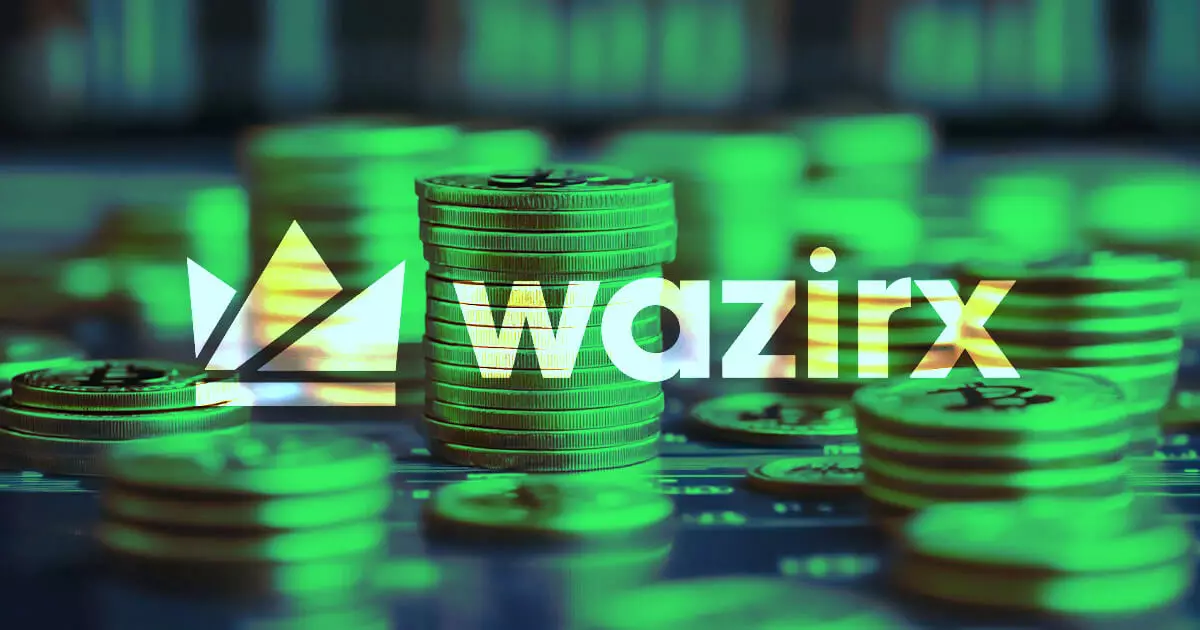The Indian cryptocurrency exchange WazirX has recently taken a significant step towards enhancing transparency by releasing its proof-of-reserves (PoR) report. In a statement issued on October 25, the exchange revealed that a staggering 40% of its customer assets are held on third-party exchanges. This move is designed to allow users and stakeholders to independently verify the state of the exchange’s wallet addresses and asset holdings, reflecting WazirX’s commitment to accountability in the often murky waters of cryptocurrency exchanges.
As of late October, WazirX claims to manage assets worth $298.17 million across approximately 242,000 individual wallets. This breakdown reveals that roughly $157.01 million is securely held on-chain, while $126.91 million is allocated to third-party exchanges, with no assets currently placed under third-party custody. The exchange also maintains $14.25 million in less liquid assets. Intriguingly, the allocations with unspecified third-party exchanges have sparked speculation within the crypto community, with many guessing that these could potentially be significant platforms like Bybit, KuCoin, and Huobi.
Such discretion in naming partners begs broader questions about the transparency practices of exchanges and the implications for users who trust these platforms with their finances.
In response to a recent cyberattack that resulted in significant financial losses, WazirX is now pursuing a new third-party custodian that can provide fund insurance, a factor that WazirX cites as key for effective risk management in digital asset custodianship. The need for robust security measures is underscored by WazirX’s troubling history, including the devastating hack that harvested $235 million in client funds. While deposits and withdrawals of Indian rupees (INR) have been reinstated, those involving cryptocurrencies remain suspended as the platform reassesses its reserve management strategies.
This ongoing situation highlights the challenges faced by cryptocurrency exchanges in maintaining user trust amid rising security breaches in the industry.
WazirX co-founder Nischal Shetty emphasized their active communication with the unidentified exchanges where significant client funds are held, expressing hope that these platforms will permit the public disclosure of their names. This transparent communication is vital in rebuilding trust among users who may feel uneasy about the safety of their assets with the exchange.
The exchange’s ongoing collaboration with India’s Financial Intelligence Unit and other government bodies signifies its commitment to not only improving internal protocols but also addressing external scrutiny. This cooperative approach may pave the way for establishing regulatory frameworks within the nation’s crypto sector.
As WazirX navigates its current challenges and strives for security and transparency, the critical steps it takes now will likely shape its future and influence user sentiment in the vast cryptocurrency ecosystem. Its actions, particularly in enhancing transparency around proof-of-reserves, coupled with endeavors to strengthen security protocols, may restore faith among users while more broadly influencing best practices in the sector. Ultimately, WazirX’s journey reflects both the opportunities and challenges that lie within the rapidly evolving landscape of cryptocurrency.

